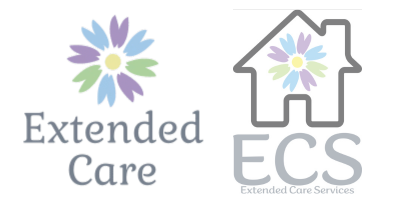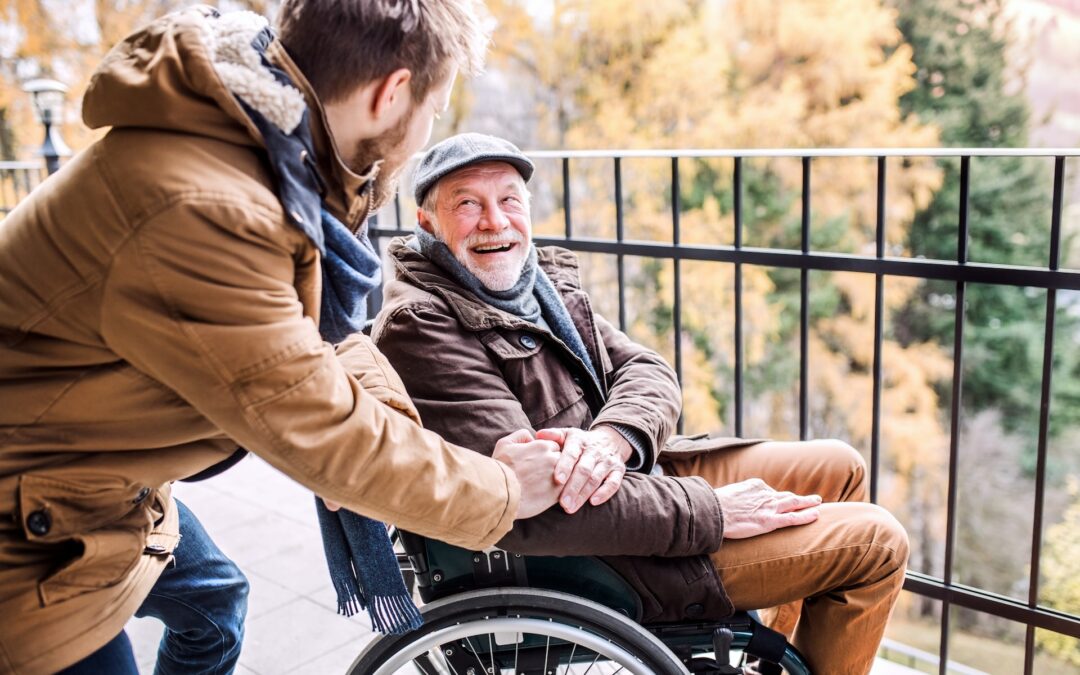For adults with disabilities, engaging in community activities and forming connections with others is vital for personal growth, mental well-being, and increased independence. Supported Community Connections is a service provided by Program Approved Service Agencies (PASA), like Extended Care, designed to facilitate these experiences and enhance the lives of adults with disabilities by fostering a sense of belonging and active participation within the community. By offering tailored support services, PASA agencies ensure that individuals can enjoy a variety of inclusive, engaging, and empowering activities in a safe and supported manner.
In this post, we will discuss the importance of Supported Community Connections for adults with disabilities, showcasing how they enrich life experiences, promote independence, and encourage social integration. We will explore various activities and experiences afforded by Supported Community Connections, emphasizing the significance of a person-centered approach that considers individual needs, preferences, and goals. Some activities that can enrich the lives of adults with disabilities include visiting zoos, aquariums, and museums, participating in recreational events such as swimming, bowling, and dancing, and attending interest-based classes, like pottery.
Additionally, we will delve into the role played by PASA agencies in facilitating supported community connections, including the provision of Non-Medical Transportation services and the encouragement of using public transit systems like buses and trains for improved self-reliance and community navigation skills.
By focusing on the numerous advantages and opportunities presented by supported community connections, we aim to emphasize their significance in promoting independence, personal fulfillment, and social connectivity for adults with disabilities.
The Importance of Community Engagement: Enhancing Well-Being and Personal Growth
Engaging in community activities and events is essential for the overall well-being, self-esteem, and personal growth of adults with disabilities. Participating in diverse social experiences can enrich their lives by doing the following:
1. Developing interpersonal skills: Building social connections with others can help improve communication and relationship-building skills.
2. Boosting mental health: Engaging in community events can alleviate feelings of isolation and enhance mental well-being.
3. Encouraging personal growth: Participating in a variety of activities fosters personal growth by exposing individuals to new experiences and challenges.
4. Increasing feelings of belonging: Active involvement in local events helps strengthen one’s connection to their community and fosters a sense of belonging.
Fostering Social Integration and Independence: The Power of Inclusive Communities
Supported Community Connections can empower adults with disabilities by fostering social integration and enhancing independence. These services create opportunities to develop self-reliance and autonomy through the following:
1. Building self-confidence: Participating in community events and overcoming challenges can instill confidence in one’s abilities and foster a can-do attitude.
2. Expanding support networks: Meeting new people and interacting with others can expand social support networks, which are essential for overall well-being and independence.
3. Enhancing decision-making skills: EngAGING in various activities allows adults with disabilities to make choices, learn from experiences, and develop sound decision-making abilities.
4. Encouraging self-advocacy: Participating in inclusive communities allows individuals with disabilities to practice self-advocacy and develop the skills necessary to voice their needs and preferences effectively.
Accessibility and Inclusion in Community Activities: Prioritizing Diverse Needs and Preferences
To ensure adults with disabilities can fully engage in and enjoy community activities, the principles of accessibility and inclusion must be front and center. This includes the following:
1. Adapting activities to accommodate diverse abilities: Careful planning and modifications can ensure everyone can participate in an activity regardless of their level of ability.
2. Providing necessary support services: Resources such as specialized equipment or trained support staff can make it possible for adults with disabilities to engage in activities safely and confidently.
3. Prioritizing individual preferences: Activities should be tailored to the interests and preferences of individuals, as personal fulfillment and satisfaction are essential for successful community engagement.
4. Collaborating with local organizations and businesses: Partnerships with community entities can facilitate the development of accessible and inclusive activities, expanding opportunities for adults with disabilities.
PASA Agencies and Supported Community Connections: Facilitating Inclusive Experiences
PASA agencies, like Extended Care, play a vital role in facilitating supported community connections for adults with disabilities, ensuring they have access to inclusive, engaging, and empowering experiences. Key functions of PASA agencies in promoting community connections include:
1. Assessing individual needs and preferences: PASA agencies work closely with clients to identify their unique needs, interests, and goals while developing personalized support and opportunities.
2. Coordinating resources and supports: PASA agencies coordinate the necessary resources and services, such as Non-Medical Transportation, to ensure adults with disabilities can fully participate in community activities.
3. Encouraging the use of public transportation: PASA agencies advocate for clients to learn and utilize public transit systems, like buses and trains, to promote self-sufficiency and navigation skills within the community.
4. Monitoring and evaluating effectiveness: PASA agencies continually assess the impact of supported community connections on the lives of clients and make adjustments as needed to ensure ongoing effectiveness and alignment with individual goals.
Conclusion
Supported Community Connections offer adults with disabilities an invaluable opportunity to engage in meaningful and empowering experiences within their communities, fostering personal growth, self-confidence, and independence. By understanding the importance of inclusion and accessibility in community activities, prioritizing individual needs and preferences, and embracing the vital role of PASA agencies in facilitating these experiences, we can create vibrant, supportive, and inclusive communities that truly benefit all members.
As we move toward an increasingly diverse and inclusive society, it is imperative that we continue to prioritize, develop, and advocate for Supported Community Connections to empower adults with disabilities and champion their rightful place within our communities.
Supported community connections are crucial for individuals receiving home and community-based waiver services. That’s why Extended Care is dedicated to providing top-quality home help services to the residents of Ventura County, California. As a program-approved agency, we strive to ensure that our clients receive the best possible care in the comfort of their homes. If you or a loved one is in need of home help services, contact Extended Care today to learn more about our supported community connections and how we can assist you!

